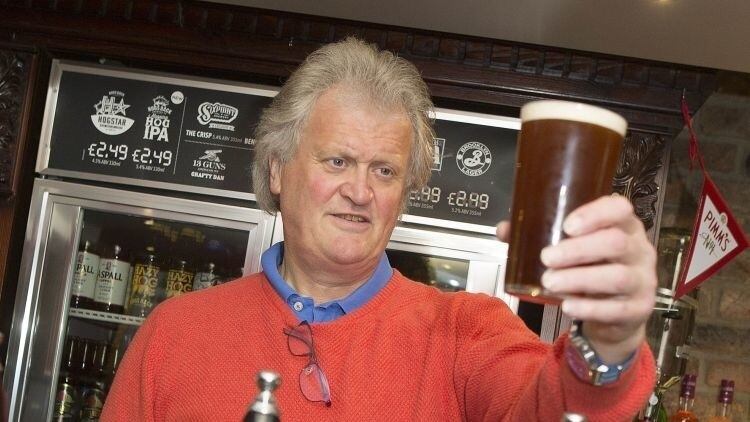Martin’s comments, posted in The Times, come after reports that Chancellor Rachel Reeves plans to increase the NLW from £12.21 to at least £12.70 an hour in her November Budget, alongside extending the rate to workers aged 18 to 21.
He said: “The hospitality industry has been squeezed between a doubling of energy costs since 2019 and a rocketing wage bill — pushing up costs, simultaneously, for all suppliers to the industry.
Economic consequences
“The problem is an unthinking retreat from market forces, with the politicisation of the commanding heights of enterprise — wages and energy — and a blissful unawareness of the long-term economic consequences.”
Martin also pointed to recent losses at well-known hospitality brands as evidence of mounting cost pressures. He said chains owned by celebrity chefs such as Rick Stein, as well as “more workaday” operators like Pizza Hut and BrewDog, had struggled to absorb inflationary pressures.
More than 60 Pizza Hut sites closed last week after its franchise owner went into administration, while BrewDog shut ten bars earlier this year, blaming higher costs and tighter regulation.
Despite this, JDW has invested more than £25m across its estate this year.
Hospitality businesses have warned that they are already facing increased costs following changes to national insurance (NI) contributions introduced in Reeves’s 2024 Budget. Wetherspoon previously said the reforms would cost the group an additional £60m a year.
‘Unsustainable and decimating’
Alex Reilley, executive chairman of Loungers, said: “While no one is against the principle of the national living wage rising, we’ve seen an increase of almost 30% over the last three years, and that’s before this proposed increase.
“Without any kind of pro-business measures, an enforced increase to the cost base of the hospitality sector is unsustainable and will result in more business closures and more jobs lost, further decimating our already-beleaguered high streets and town centres.”
William Lees-Jones, managing director of JW Lees, added: “When you’re investing in a lot of people’s first jobs … from an employer’s perspective, if someone’s starting, there’s a much bigger commitment.” He suggested Reeves could ease the burden on firms by axing the apprenticeship levy.
A Treasury spokesperson said: “Pubs are vital to local communities, which is why we’re supporting the hospitality sector through lower business rates, reduced licensing costs, and more flexibility for outdoor dining — alongside cuts to alcohol duty and a cap on Corporation Tax.
“By strengthening the national living and minimum wage for three million workers across all age bands, we aim to support business growth through reduced staff turnover and by helping to achieve higher productivity.”





